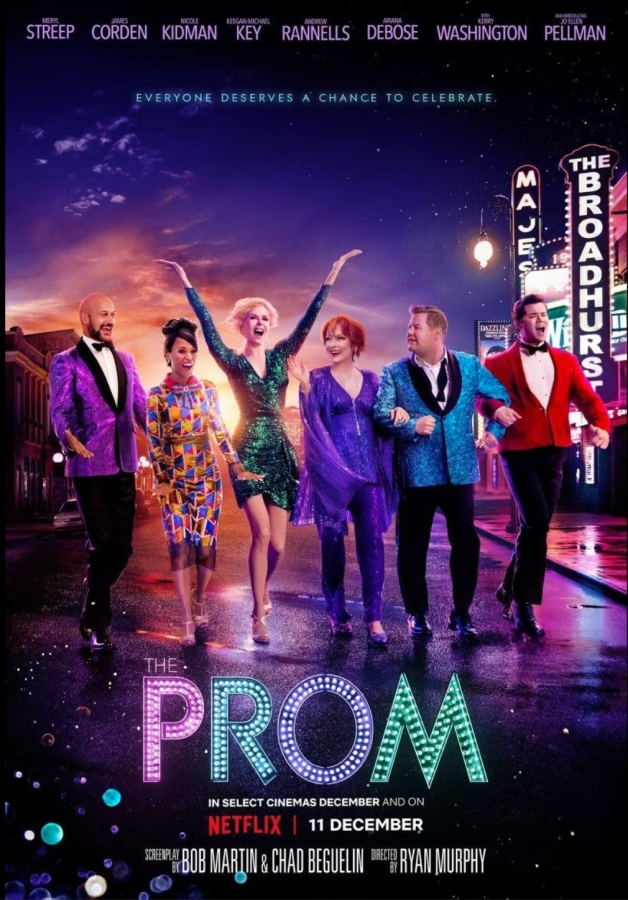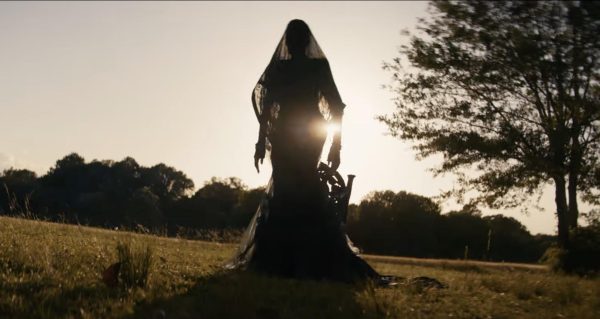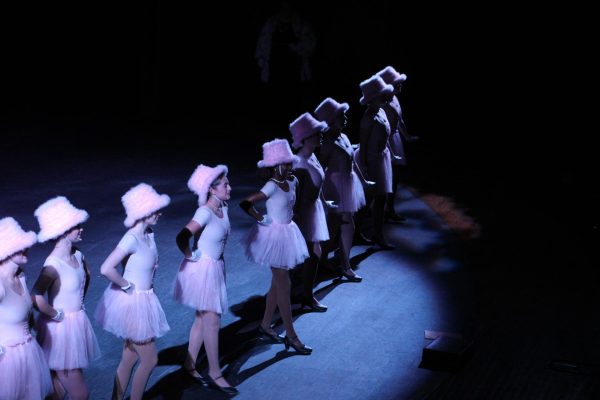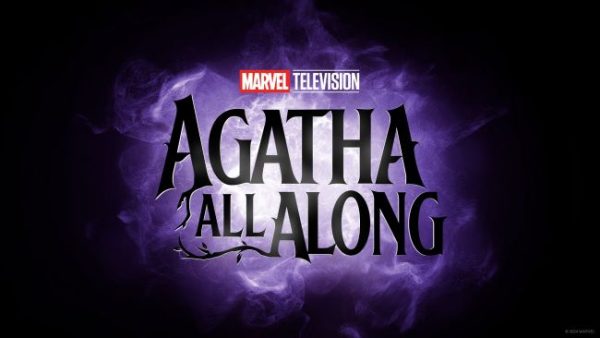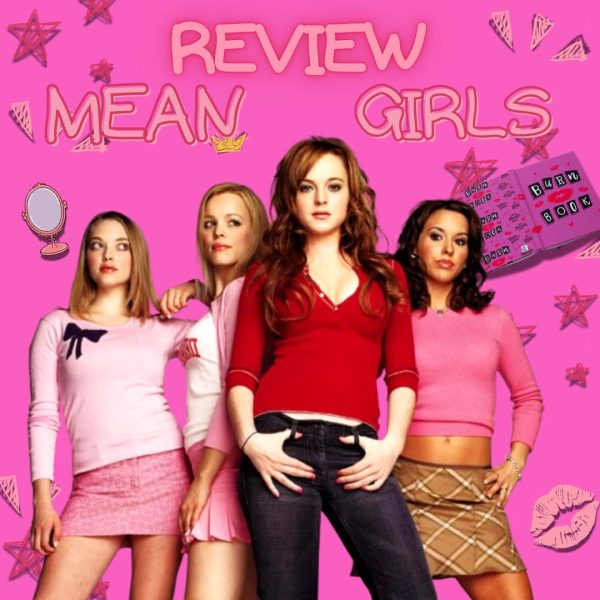The Prom: Hit or Offensive Flop?
The Prom movie poster, featuring Meryl Streep, James Corden, Trent Oliver, Nicole Kidman, Keegan Michael-Keys, and Kerry Washington.
The magical lighting, the elaborate costumes, the riveting acting, the engaging music: all things you would see and experience when experiencing live musical theatre. Now, streaming services such as Netflix are making musicals into movies, so everyone can enjoy them from the comfort of their own homes. Netflix dropped The Prom in December of 2020 with a cast of big names, but earned a 56% on Rotten Tomatoes, so the real question is, hit or flop?
The Prom was remade as a movie starring Meryl Streep as Dee Dee Allen and James Corden as Barry Glickman. The movie was adapted from Chad Beguelin and Bob Martin’s original The Prom which premiered in 2016 at the Alliance Theatre in Atlanta, Georgia. Eventually, the show made its way to Broadway, closing in 2019 with a total of 332 shows.
The Prom is a cute broadway musical turned movie that attempts to address gay rights in a fun and silly way. The musical starts with Dee Dee Allen and Barry Glickman after the opening night of their Broadway show, Eleanor. After a bad review from the New York Times, Dee Dee and Barry’s show closes on opening night. In search of some good press, they head to a small town in Indiana, where a prom was canceled because of a lesbian student wanting to go with her girlfriend.
The story then follows the girl, Emma, as she gets thrust into the middle of a social justice issue with help from seemingly fabulous Dee Dee, Barry, and some of their friends. The musical takes a different perspective on gay rights issues by addressing them through musical theater. The characters are memorable with their loud personalities and somewhat narcissistic tendencies because of their fame. They are humbled by the end of the musical, as they connect with Emma and others in the small Indiana town. It has a predictable yet sweet and classic ending that stays true to musicals and pays homage to the original musical.
The main characters, Dee Dee and Barry both seem to move past their struggles with narcissism by the end of the movie. It feels underdone, though. There was a need for growth that wasn’t presented. While Dee Dee does change, she does so at the very last second instead of slowly growing as a person throughout the course of the movie, which would have been more realistic. Barry’s character grows out of his narcissism exponentially, but he is suddenly thrown into a new storyline where he has to deal with his past and his parents’ abhorrence of his sexuality. His struggle with their judgment, while something many people struggle with, seemed thrust upon him at the end of the movie to give his character more depth that doesn’t pan out. Emma, the girl that Dee Dee and Barry go to help, has a lack of depth as well. She doesn’t react realistically to the situations she is put in and is far too happy go lucky for a girl being cast out by her entire school and having a civil rights case being brought to court about her. Overall, the characters are funny and their downfalls add to that, but they don’t have good developments and aren’t very realistic.
The best part of the movie was Meryl Streep singing her heart out. Streep is a big name in Hollywood, whose talent for singing was apparent in her performance in Mamma Mia and its sequel. She played her character Dee Dee Allen wonderfully. Streep captures the drama in her character and does great acting like a narcissistic star with little to no morals. There was a big controversy with James Corden’s portrayal of Barry Glickman who is gay in the musical. Corden identifies as straight and plays Barry in a way that endorses homophobic stereotypes. Many see this as offensive, but his character is supposed to be overdramatic and a diva. Maybe having a straight man play the role was just not the right call.
Overall, the movie is lighthearted and fun to watch but needed some plot adjustments. It attempts to cover social justice issues in a pleasant and non-controversial way. The seemingly most problematic part was the length. The movie is 2:11, which is a good length if it was in a theater, live, but for an on screen movie, it’s just too long. Personally, if I were to watch it again, it would be for Meryl Streep’s voice, not the plotline.
Your donation will support the student journalists of Pattonville High School. Your contribution will allow us to purchase new equipment and cover our annual website hosting costs.

